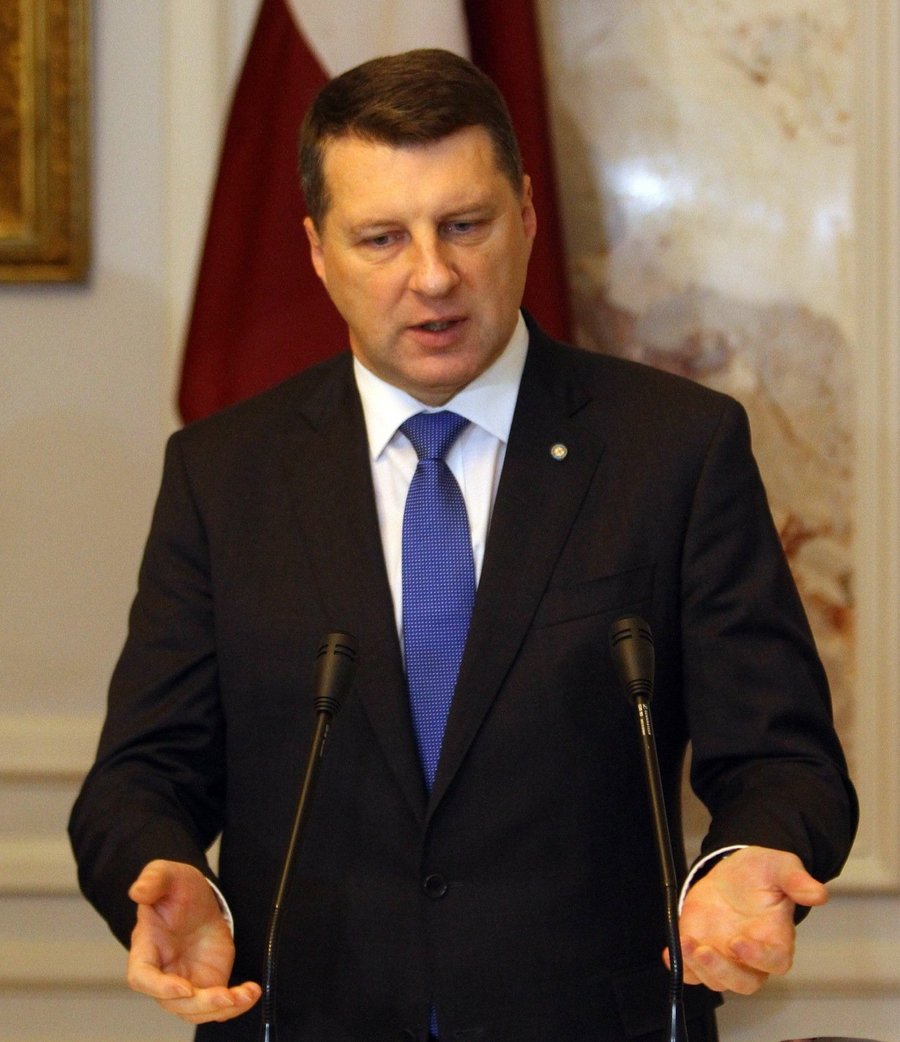Alsatian Island
TNPer
- Pronouns
- he/his
- TNP Nation
- Alsatian Island

Election 2022 - Will Republic threaten the Government's majority?
A growing republican sentiment, in spite of support for the King himself, and a new front on Osborne's left endanger his ability to meaningfully govern - can Osborne fend off a new left, or does he face another 2014?
King Arthur can remember the 1980s vividly. His outlook on social welfare, while staying entirely detached from the "game of politics" as he would call it, seemed to manoeuvre him around a resurgence of anti-establishment rhetoric aimed at the Greenwood-era political parties. With Martha Grantham elected on an anti-Greenwood ticket, and with a King whose slight hints suggesting sympathy with the people - once urging Prime Minister Greenwood "not to judge those striking before first living on their wages" - republicanism firmly remained outside of the agenda, by a left-leaning but fairly mainstream generation of youth in an era which was anything but.
And yet, in 2022; when the state of working rights is widely viewed as "stable", the government's record relatively uncontroversial among young people and the prospect of a prolonged strike remote; a resolve of demands for more "open democratic" reforms has appeared among the youth electorate. It seems like if you give people a taste of functional democracy, their standards for it will rise - a quote by 27-year-old leader of Republic, the former public pressure group and now political party, Hannah Banbury, addresses this:
The prevailing idea that because people approved of the meagre Osborne reform package in the late 2010s, therefore we want no more, is an absurd one. The reason that it was embraced by the Esthursian people is because we need serious reform; and this was the first time in decades that an elected government was even acknowledging what reform means. Our nation is lucky that the state is not openly repressive - but much of it remains unaccountable. No self-professed liberal democracy should have an unelected head of state; and it is damning that we seem to be alone in calling for inherited power and privilege to be removed.

In the 2022 general election, Republic will be the only party going in with an explicitly republican stance - with even the Progressive Group, whose leadership and policy programme is seen by many as anti-establishment leftism, maintaining a fairly neutral stance - and with tentative support from a significant portion of the general public, Republic will be seeking this election to cement itself as a major player for democratic change. As well as abolishing the monarchy, Republic's policy programme has slowly grown, with its membership directly "electing the manifesto policies" - with a Referenda Act, abolition of the monarchy, and reformation of the parliamentary system as well as mostly left-leaning socioeconomic policies.
In particular, the Prime Minister's government coalition's public antipathy towards Republic is not replicated in private, with polling for House of Barons control suggesting that the government may even lose its majority. A repeat of the 2014 general election - where a resurgence of traditionalist socialism amongst 2011 Social Democrat voters forced the Social Democrats out of even a Ministry majority - is a prospect that Osborne will not wanting to be repeat; and now even his coalition's security in the Barons is in question. No longer does Osborne merely have to win the front to his right - but now he has one to his left too. The Progressive Group, who rivalled the Conservatives for second place in 2019, are now struggling to secure a third place. Harold Osborne's coalition are facing a war on two fronts - and their survival is in the balance, and merely forming the next government coalition without majority support may even cement Republic's message that governance is not accountable to the public.
Last edited:




































